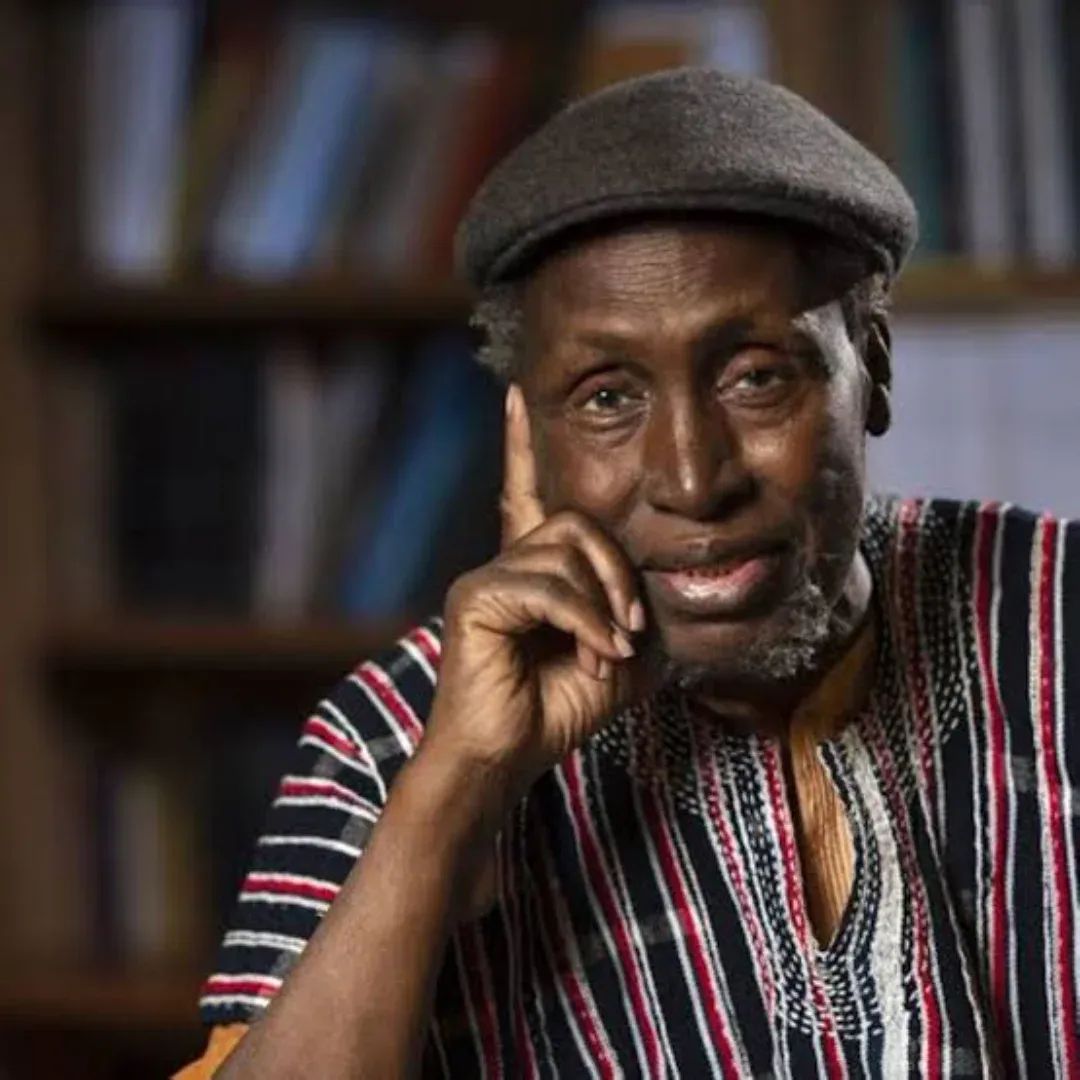Jeff Godwin Doki Ph.D‘
Artistic and intellectual ideological struggles are part of the overall struggle for survival and development.’(Ngugi wa Thiong’O , Moving the Centre,1993).
On Wednesday, May 28, 2025, the Kenyan-born literary General, Ngugi wa Thiong’O, won his tragic race against time. Until his death, he was a radical African intellectual and writer whose writings gave all Africans confidence and belief in themselves while condemning imperialism with its changing manifestations: slavery, colonialism, neo-colonialism and globalization.
I would like to begin my tribute with the obvious, though not irrelevant, observation that intellectual work is quintessentially the labor of the mind and soul. I must also concede that the word ‘intellectual’ has diverse meanings and it is also fraught with ambiguities.
But for want of time and space, I shall use it here, in its loosest sense, to mean all those who are considered proficient in and are actively engaged in the creation, distribution and application of knowledge and culture. Perhaps, even this definition is rather too broad. So, I may prefer to emphasize the much smaller category of ‘creative intellectuals’ whose principal focus is on innovation, the elaboration of knowledge and scholarship as well as art and other symbolic formulations generally.
Included in this category are scholars, scientists, academics, philosophers, artists, teachers, writers, journalists, lawyers etc. In Africa, intellectual work began as a result of the colonial encounter which, among other things, involved a deliberate attempt to dehumanize the enslaved and the colonized by denying their history and denigrating their achievements and capacities.
This very attitude was bound to provoke response and resistance among African intellectuals who saw their immediate task as that of a vindication of the cultures and histories of peoples of African origin. Among the first intellectual ‘schools’ to emerge in Africa were those of historians in Ibadan, Dakar and Dar es Salaam. These ‘schools’ took it upon themselves the task of challenging the imperial narrative, whose chief intention was to obliterate the memory of Africa’s pre-colonial existence. Dethroning this view and placing Africans center-stage in the history of their continent was perceived by these early intellectuals as an urgent task in the construction of an intellectual arsenal for the liberation of the continent and decolonization of the mind.
In this regard, Ngugi wa Thiong’O was in the forefront with some other prominent African political actors and men of letters like Kwame Nkrumah, Leopold Sedar Senghor, Julius Nyerere, Nnamdi Azikiwe, Chinua Achebe, Wole Soyinka, Dennis Brutus etc. Ngugi’s preoccupations in reconstructing Africa’s history and culture and resistance to foreign domination finds memorable expression in his novels like Weep Not Child, The River Between, A Grain of Wheat, Petals of Blood, Devil On the Cross, Wizard of the Crow and other polemical essays like Homecoming, Writers in Politics, Barrel of A Pen, Detained, Moving the Center and Globaletics: theory and the politics of Knowing.Closely related to the question of culture and history has been Ngugi’s obsession with the issue of language. In this regard, Ngugi has always pointed to the fact that one of the obvious ways in which imperialism has affected the development of African culture and literature is in language choice.
During the colonial stage of Western imperialism in Africa, African languages were suppressed and European languages were deliberately given a status that made them the inevitable vehicle of African people’s self-definition. This situation has resulted in an enormous contradiction.
On the one hand, these European languages are the official languages in Africa today. On the other hand, they are not the languages of the majority of people inhabiting Africa today namely: the vast majority in each nationality, the peasants and workers who still use their indigenous languages. This linguistic dilemma finds adequate expression in Ngugi’s book Decolonizing the Mind. And if to this linguistic complexity is added the Christian religion, whose duty it is to capture the mind as well as the soul, then Ngugi’s preoccupation with the issues of culture, religion and language is truly justified. Over and above all, Ngugi’s commitment to the issues of history, colonialism and religion could be understood in the context of the fact that at the very beginning of African literature, virtually all the writers were content to affirm the worth of African civilizations .Albert Chinualumogu Achebe who has often been ascribed the honor of giving form, flesh and teeth to modern African literary tradition made the frank confession that his first book Things Fall Apart (1958) was an ‘act of atonement with his past, the ritual return and homage of a prodigal son’. After this confession, he dropped his English name Albert. Other African writers like Christopher Okigbo, John Pepper Clark, Gabriel Okara, Wole Soyinka and James Ngugi (himself) also realized the foolishness of the Christian doctrine and accepted the fact that they were all Prodigals coming back home to mother Africa. In a few words, they all rebelled against Colonialism and, its sly, twin brother Christianity. But there is only thing that cannot be missed even by the most indifferent spectator or observer: all through his life and writing career, Ngugi represents the rebel committed to the truth. He has been faithful to what he saw, what he heard , what he touched. Ngugi was bold, fearless and gutsy in pointing the way to freedom and liberation of African peoples. Our ranks stand diminished by his passing. Good bye to a teacher, mentor and intellectual father.DOKI GODWIN JEFF is a writer and Professor of Comparative Literature with the University of Jos, Nigeria.
count | 259


Recent Comments
Mwanchuel Daniel PamMarch 8, 2024 at 11:06 pm
Bob WayasNovember 6, 2023 at 5:30 am
JosephNovember 5, 2023 at 3:47 am